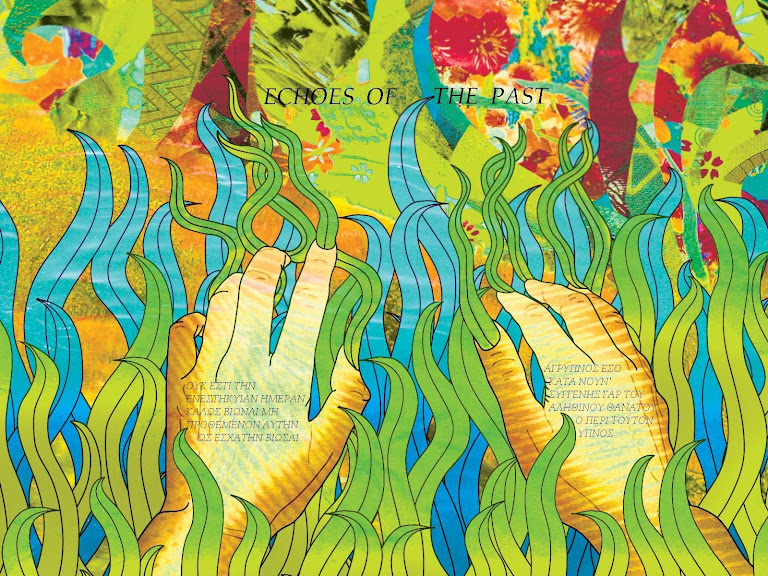
Info Found At progressive.homestead.com
In Chile 1963 the three brothers Parra (Claudius, Gabriel and Eduardo) started a group with some friends (Eduardo "Gato/Cat" Alquinta and Mario Mutis ) called High Bass. (They took their name from their guitar amplifier (it had two knobs : 'high' and 'bass'). They gigged with a kind of tropical mix in (discotheques of) their native region of Vina del Mar and periodically in Santiago, the capitol of Chili. This happened in a time a 'new Chilean wave' came to life to express pop music under influence of rock'n roll, twist, ballads and other forms with original compositions. On the other hand there arose a neo-folk movement with simpler instrumentation and an influence from jazzy expressions stimulated by the national record industry to give this genre equally concern. Some years after that the 'Nueva Canción Chilena" ("the new Chilean song") with folkloristic elements combined with social concerns in the Andes region was another influence that led rise a different kind of folk music. One of the early groups, together with High Bass were "Los Masters" that later led to the birth of Congreso. Another rise of popularity was stimulated by the interest in The Beatles. High Bass wanted to follow its own direction and spirit adapting all kinds of influences to transform them in their own way. Also the University Reformation of '68 made everybody aware of much more what was happening everywhere, also musically and artistically it gave the openness for wider explorations. End '69 Eduardo Parra wanted to get jazz in form of improvisation and fusion techniques into the mix, but without having the right instruments they continued to adapt other elements (Caribbean,..) like also some rock flavour from the time of the Beatles, very soon becoming the unique progressive blend they stand for. Into this new spirit of grapping the new elements they changed their name (in some way they "chileanized" their name into Los Jaivas (with a transformation of their name from a "jaiba" into "jaivas", meaning "little crabs" now), deeply involved in Andean roots but also with an openness to the fitting in the whole world with the help of the Western elements. Therefore they used some electronic instruments as well as old folk instruments. Also the term "Inca-Rock" fitted with their music. Gabriel's passion remained the trumpet and the secret sounds of whistle instruments. Eduardo's interest in poetry would also be one of the underlying influences in the group's creative process.
The newly named group released "El Volantin" privately. The music on this album was almost completely derived from improvisations, and can be considered as a performance of a "happening". It was pretty wild and free. From 20 hours of work only 40 minutes were used for publication. There were only 500 albums printed. It became not so widely known because it also did not fit to what radiostations usually played.
Discography:
El Volantín 1971
Todos juntos 1972
Palomita blanca (Movie soundtrack) 1973 (Released in 1995)
Sueños de América 1974
Los Jaivas (El indio) 1975
Canción Del Sur 1977
Mambo de Machaguay (Compilation) 1978
Alturas de Macchu Picchu (based on lyrics from The Heights of Macchu Picchu by Pablo Neruda) 1981
Aconcagua 1982
Obras de Violeta Parra 1984
Si tu no estás 1989
Hijos de la Tierra 1995
Los Jaivas-Alturas de Machu Picchu @320
Los Jaivas recorded and released Alturas de Macchu Picchu that year.They based all their lyrics from poet Pablo Neruda. In 1945, he wrote a poem about his stay at the famous ruins in Peru, Machu Picchu, called Alturas de Macchu Picchu (which he visted in 1943).
As of 1981, the band was residing in France, because Chile was under the notorious dictatorship of Augusto Pinochet (from 1973 to around the late '70s they were in Argentina
1. Del Aire Al Aire
2. Poderosa Muerte
3. Amor Americano
4. Aguila Sideral
5. Antigua America
6. Sube a Nacer Conmigo Hermano
7. Final
Here: sharebee.com/a056ca42









1 comment:
awesome blog, do you have twitter or facebook? i will bookmark this page thanks. lina holzbauer
Post a Comment